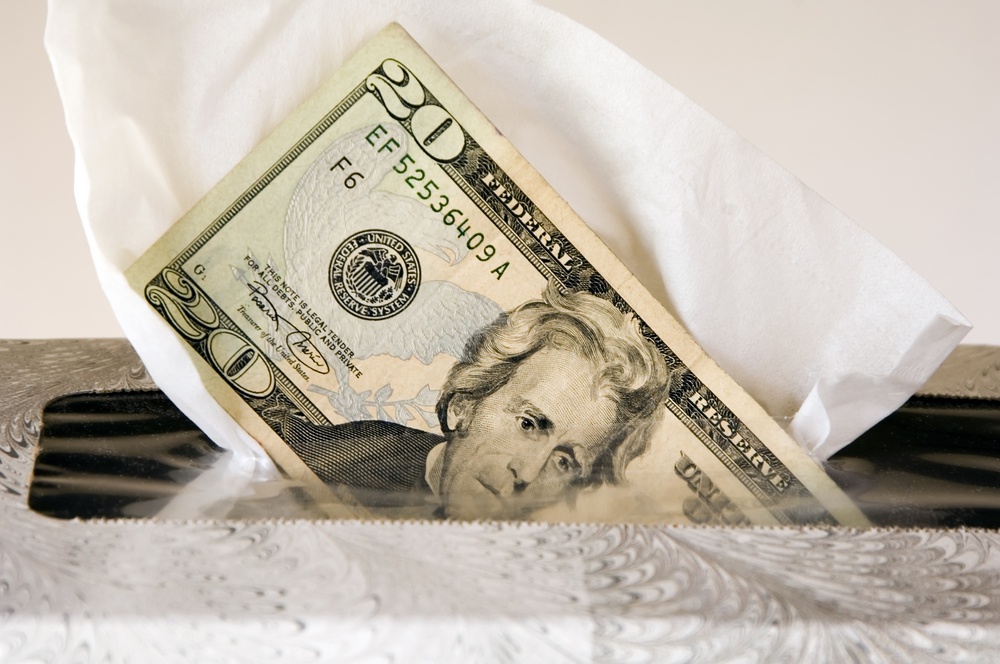How to Get an Overdraft Fee Reversed
Nobody likes overdrawing their account. While you might feel embarrassed about spending money you didn’t have, or using the wrong account for an...

We've all had that terrible feeling when you realize you've overdrawn your checking account...again! And like squeezing lemon juice on a paper cut, you also get hit with an overdraft charge, #lamesauce

If you’re ready to tell overdraft fees to kick rocks, then keep reading, because we've rounded up the best ways to avoid overdraft fees to help you keep your money in your pocket.
Setting up low balance notifications for your checking account is an excellent way to remind you to stop spending before you overdraft. Account alerts notify you via email or text message when your account balance falls below a certain amount. Setting them up is easy to do, but usually requires you to have an online banking account with your financial institution. Account alerts can often be set up to let you know when money is deposited into your account too!
There are two ways to go about linking your checking to a back-up account – a savings account or a line of credit. With both options, when you overdraw your account the funds are automatically pulled from your back-up account to cover your overages. Just make sure your financial institution doesn’t charge any additional fees for using this service, otherwise you may find yourself paying overdraft fees in disguise.
Keeping track of your account balances is not only an important when it comes to basic money management; it is the key to avoiding overdraft fees. Most overdrafts don’t occur due to big purchases, but rather on purchases less than $24. Checking your account balance weekly, or even daily, is an excellent habit to get into. Most credit unions and banks have many options for you to check your balances at any time: online banking, mobile banking apps, texting, by phone, or visiting an ATM or branch. Plus, some ways require very little effort on your part to review your accounts, the Instant Balance feature available on most mobile banking apps, for example, doesn’t even require you to login!
Protect yourself from overdraft fees by keeping about $50 or $100 in your checking account at all times. Once your account reaches $50 left, don't allow yourself to spend anymore money until you have replenished your account. Getting into the habit of keeping a cash cushion is also a great way to start building a habit of saving, instead of spending.
Know your enemy, become familiar with the overdraft policies at your financial institution. Don’t assume they are all the same, overdraft policies can vary quite a bit from one financial institution to another. If you are familiar with, when and how an overdraft fee is charged…well, let’s just say knowledge is power. By knowing the policy, you can learn ways to possibly take immediate action to avoid fees if you do accidentally overdraw your account.
In short, there is no magic wand to wave in order to avoid overdraft charges; but you can still avoid them by using simple money management habits and understanding your financial institution policies. Using one or all of these tips on how to avoid overdraft fees is sure to limit how often you overdraw your account, thus kicking overdraft fees to the curb, #awesomesauce.

Nobody likes overdrawing their account. While you might feel embarrassed about spending money you didn’t have, or using the wrong account for an...

In the world of finances, the two most reviled words are almost certainly “overdraft fee”. Getting an overdraft fee is adding insult to injury,...

Overdraft fees are a pain. In our post last week we share some tips for how to avoid overdraft fees all together. But life, and your budget, doesn’t...